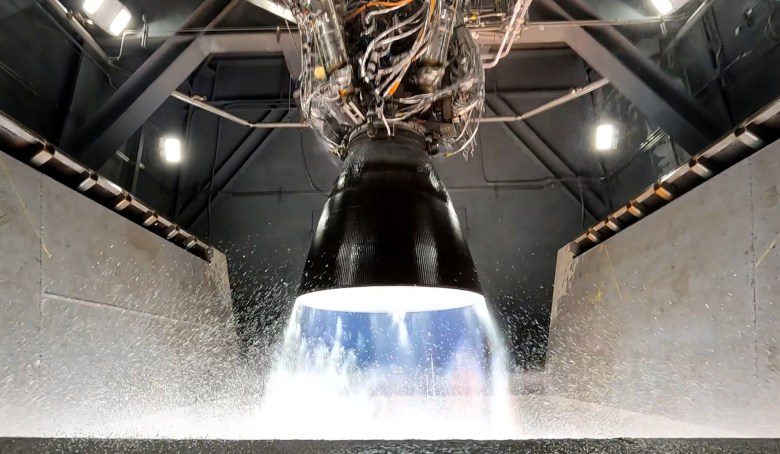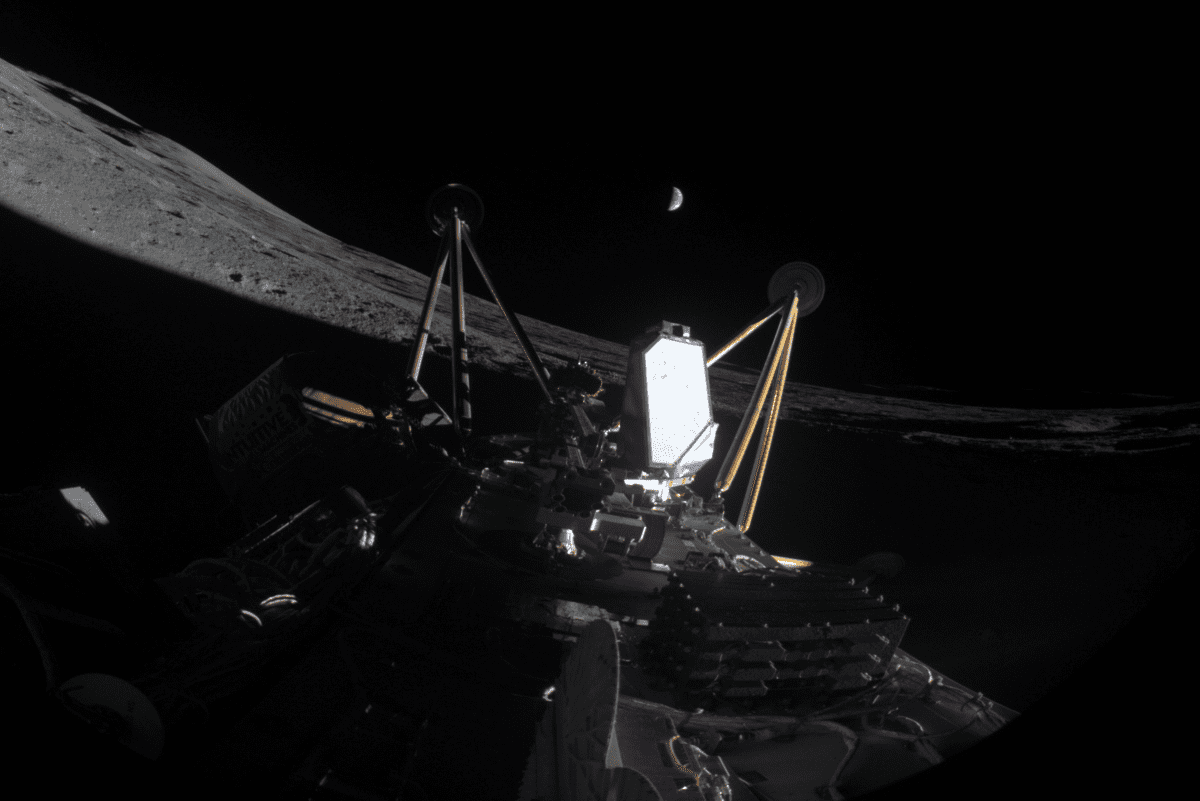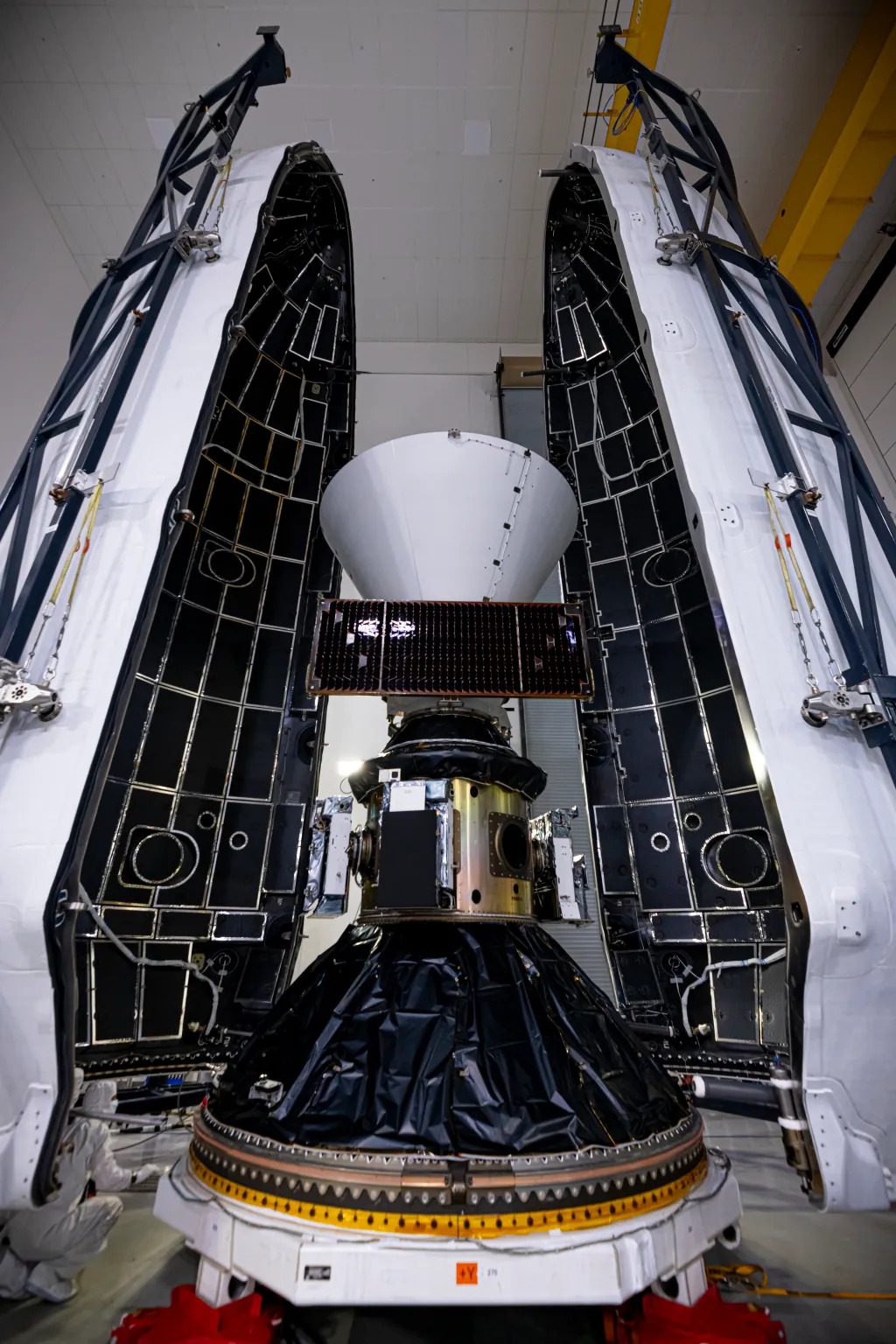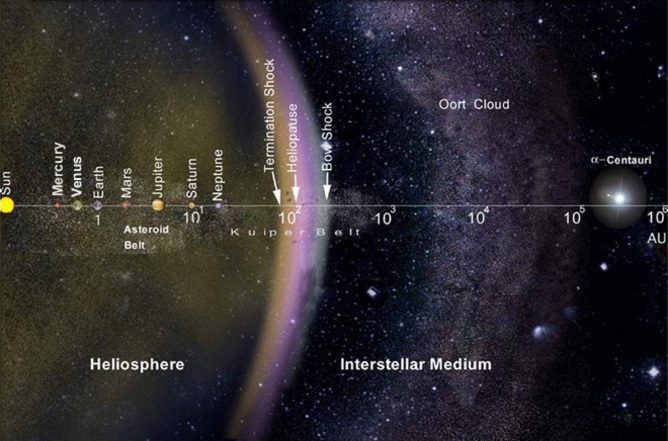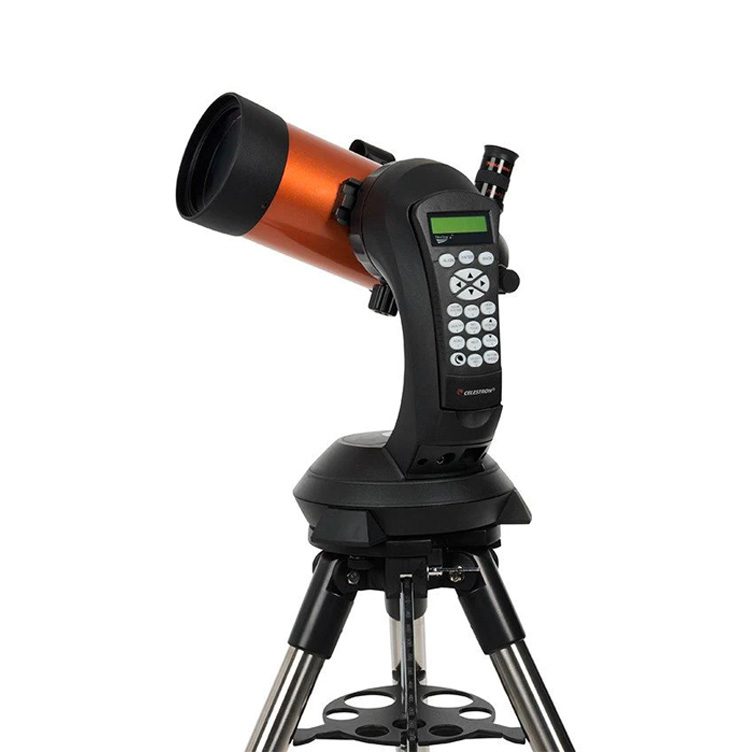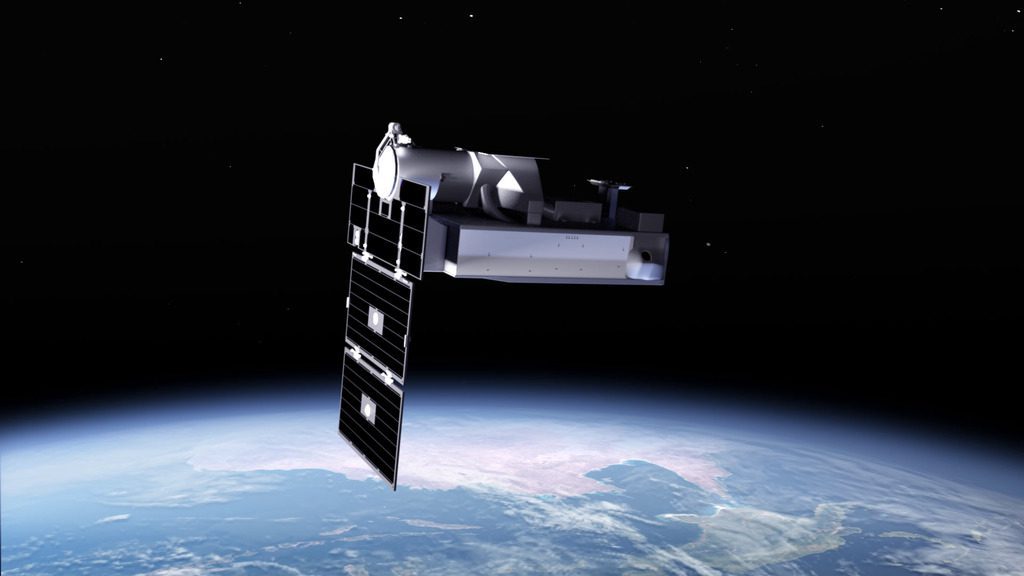Relativity names Eric Schmidt as CEO as it updates Terran R development
WASHINGTON — The former chief executive of Google is taking a stake in, and becoming chief executive of, Relativity Space as that launch vehicle company notes progress on its Terran R rocket. A company spokesperson confirmed March 10 that Eric Schmidt is the new chief executive of Relativity, a move that was announced internally earlier … Read more
